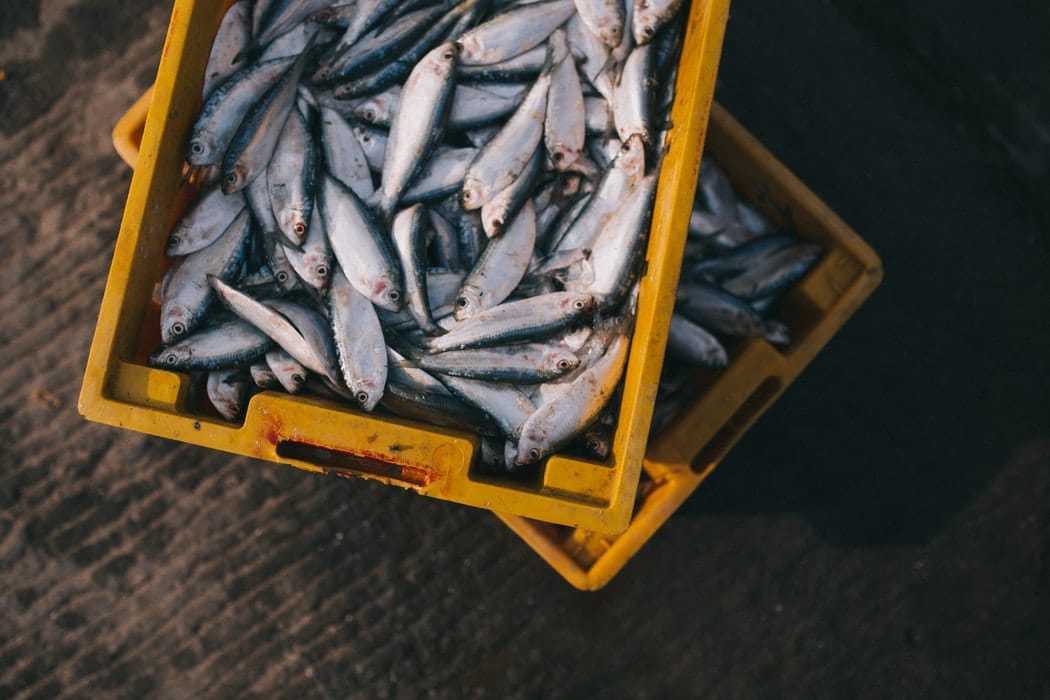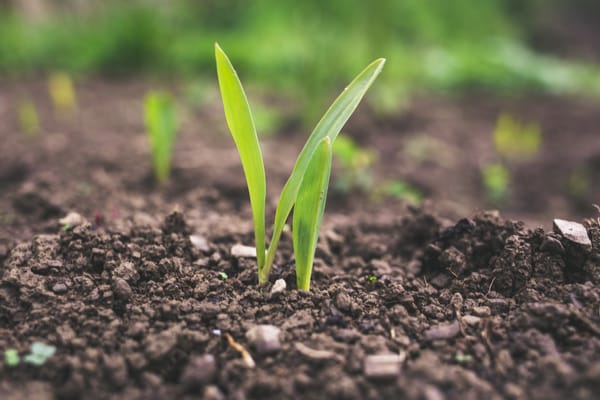Solving common aquaculture problems with technological innovations
Sustainability Editor explains how startups and industry pioneers are solving environmental issues in aquaculture through using novel technological techniques.

Aquaculture, the domestication and farming of fish for food, has a mixed reputation. Its use has increased significantly in the past decade, especially in Asia, as the demand for large-scale fish production increased to relieve stress on natural populations due to overfishing. However, this has also come with detrimental environmental side-effects such as the construction of infrastructures in natural ecosystems, the management of waste, excessive use of fish feed leading to eutrophication (analogous to fertiliser use in agriculture), and concerns about animal welfare.
Given that the FAO projects aquaculture supply to make up 60% of fish consumption by 2030, it's imperative to find solutions to the major environmental problems associated with aquaculture. The recent COVID19 pandemic has also brought to light the fragility of current food systems, demanding a reliable, sustainable, localised way for us to produce food. Luckily, interest in this sector has been booming, as many companies and organisations invest in the development of cutting-edge technology to overcome these issues.
Despite some of the negative connotations of aquaculture and the premium price tag for sustainably produced fish, there is enormous scope for future innovations in this sector
For example, in Mowi, the world's biggest Atlantic salmon producer, computational innovations are being used to improve aquaculture's performance. For this, a Tidal project, conducted by Google's parent company Alphabet X Moonshot, uses artificial intelligence and imaging technology to monitor and manage fish health and waste production. Furthermore, the start-up Moleaer has developed 'nanobubble generators', enabling efficient purification of aquaculture systems to improve water quality whilst providing chemical-free approaches for raising fish. Most recently, Atlantic Sapphire, a company raising Bluehouse salmon in Florida, started selling hormone, antibiotic, pesticide-free aquaculture fishes in supermarket chains. Whilst their production capacity is still limited, there is strong evidence to suggest that sustainable aquaculture will continue to be a growing sector in the coming decades which can help drive down associated costs. This growth is critical since installing infrastructures for these approaches is still highly capital-intensive.
In more good news, besides finfish, the seaweed market has been expanding in recent years. Besides the expanding consumption of seaweed in food menus, seaweed has also shown potential as an alternative material to replace plastic. Taking this one step further, NPO GreenWave has put forth a potentially revolutionary idea of regenerative ocean farming. Similar to agricultural regenerative farming concepts explored in last week's article, this involves raising marine plants such as seaweed together with various fish species to replicate natural ecosystems in enclosed/semi-enclosed systems.
Despite some of the negative connotations of aquaculture and the premium price tag for sustainably produced fish, there is enormous scope for future innovations in this sector. To meet rising food demands without compromising our planet's health, we must continue designing creative, accessible technology and approaches to overcome existing barriers.






